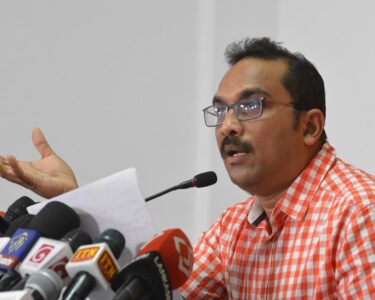Sri Lankan migrants eager to unlock funds from their domestic assets can exhale a sigh of relief. The Central Bank Governor, Nandala Weerasinghe, announced a review of recent foreign exchange controls aimed at easing economic activity.
This includes upcoming amendments to Sri Lanka’s Foreign Exchange Act in early 2024. The review prioritizes easing restrictions on certain capital outflows, gradually dismantling barriers for those residing abroad.
Governor Weerasinghe acknowledged the complexities of the controls and addressed public queries for clarification during his annual policy speech. He assured businesses, specifically, that their transaction limitations would be re-evaluated.
The Central Bank also plans to introduce proactive and timely measures under the Foreign Exchange Act. These aim to:
- Boost foreign exchange inflows: Attracting more external funding into the country.
- Address stakeholder concerns: Addressing existing complaints and grievances.
- Regulate the market: Establishing a stable and balanced foreign exchange ecosystem.
- Strengthen surveillance: Monitoring both incoming and outgoing currency flows more effectively.
Furthermore, amendments to the Foreign Exchange Act will:
Optimize market functioning:
streamlining the formal foreign exchange market for improved efficiency.
Empower regulatory bodies: grant authorities swift action against any violations or non-compliance with foreign exchange transactions.
It’s important to note that Sri Lanka’s capital controls predate 2020, but additional, stricter measures were implemented with increased money printing aimed at stimulating growth. The lack of a single anchor monetary regime, such as a fully flexible exchange rate or a currency board, also contributes to the absence of free capital flow.
Overall, this news signals a shift towards a more liberalized foreign exchange regime, potentially offering greater flexibility for Sri Lankans abroad and fostering a more vibrant economic environmen.







